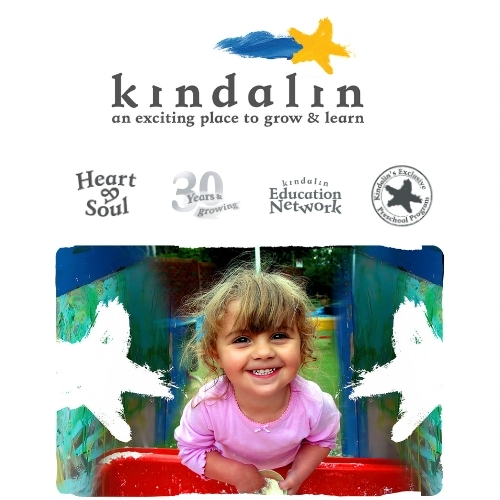Parenting doesn’t come with a manual and the majority of parents don’t attend workshops or courses to build skills. Instead they rely on their instincts or guidance from their own friends and family.
As a Clinical Psychologist, when I ask parents about when they feel they are at their best as parents, it’s often the same answer they provide. Rarely do parents bring up driving their child to an activity, the endless waiting for their child to finish an activity, cheering their child, watching them win an award, watching them eat the meal they cook, doing the laundry or any chores they undertake as parents. Not once has anyone described buying something for their child as a time when they felt their parenting was at a peak. Never has it been about décor, toys, storage or toilet training.
What is your best parenting moment? Take a second to think about it.
In a series of articles I’ll focus on 10 simple ways to parent more effectively and build more great parenting moments. Let’s start with strategy #1.
Unconditional love
For the majority of parents, questions about when they were at their best as a parent are often answered with stories about connection. A surprising amount of parents will recap a time as simple as bedtime and the 10 minutes where they lay with their child sharing stories of the day.
Or parents will reflect on a holiday where the family was relaxed and spent time talking and paying attention to each other. They will remember a time when they simply stopped and listened to their child, feeling a deep connection. Or engaged in activities as simple as walking the dog, or playing cards, which created conversations resulting in a deeper connection.
Unconditional love sounds simple, but it is surprisingly easy to attach conditions in a relationship. When we focus on providing unconditional love, great parenting moments may come more often. Love that comes with conditions such as “I only like you when you behave”, “I’m only happy with you when you do your chores”, “You are not good enough when you don’t get good marks” can heighten anxiety, damage self-esteem and hurt relationships.
To let go of conditions, try moving your focus to the behaviour. When things are going wrong, make your words specific and pay attention to the behaviour – not the person. Make your consequences behavioural – rather than emotional. Discipline is an important part of parenting, and unconditional love sits well with discipline, rules and standards. Unconditional love for your child includes setting behavioural boundaries.
Unconditional love for your child involves showing them you love them even when they make behavioural mistakes, such as poor decisions. It means appreciating our children cannot be perfect, knowing that they will make decisions and choices that may be in discord with our values. It means knowing that some days it will be easier to show your child love than others, and making an effort as a parent to find the skills to offer unconditional love even on the days when it is challenging.
Focusing on providing unconditional love can also help parents relax. Next time your child tells you about a problem, try listening and loving them. Let go of judgments about right and wrong. Let go of deciding what should be done. If it’s safe to do so, simply offer unconditional love. Trust that your child has the emerging wisdom and strength to solve the majority of their own problems. By doing so, as parents we encourage our children to talk openly to us without fear of judgement, loss of face or punitive consequences. We offer a safe space to connect.
Unconditional love – we’d love to hear your experiences and stories about how this strategy has helped you parent. Share with us in the comments below.
Further resources for parents
Raising Children Network – raisingchildren.net.au
Parent’s helpline (NSW) – parentline.org.au

























